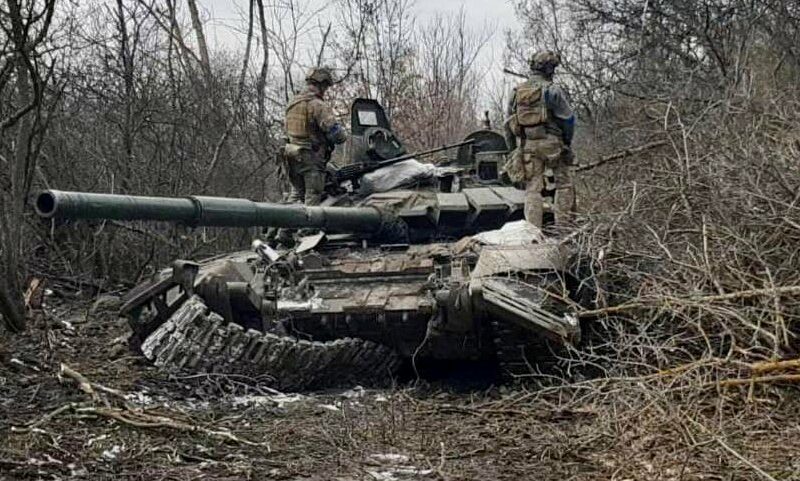Wargame-type military simulations have always been a valuable tool for staffs, but since the return of international tensions, their importance has increased considerably due to geopolitical developments in Europe, Asia and the Middle East. While it was accepted in the 1990s that no military power could hope to oppose the West militarily, the rise in power of the Chinese, Russian, Iranian and even North Korean armed forces forced the staffs to rely on increasingly numerous and precise simulations to plan their own increase in power and organize their forces and resources.
NATO frequently organizes wargame-type simulation sessions to help it organize its own defensive system. However, this exercise suffers from several weaknesses. On the one hand, it is only as good as the precision of the models used, whether the simulations themselves or the actual battle orders. Overt Defense March 2021 article on the annihilation of Polish forces in just five days during a wargame clearly illustrates the limits of simulation models. The actual performance of the Russian forces in Ukraine showed that they had in fact been significantly over-evaluated by the simulation models. Above all, these wargames are mainly used by personnel with all the same training and the same profile: officers of the various Western armies. This results in a limited scope and effectiveness of these exercises.

However, there is another category of personnel that could represent significant added value for the effectiveness of these simulations: gamers. The latter, for whom the goal is above all to win based on the simulation itself, and not on what it is supposed to simulate, offer approaches that are sometimes radically different from those that military training would employ, but no less effective, on the contrary. In addition, they often play the same game several times to study the variations and thus produce the most efficient way of playing the game. In a digitized environment, they would then be able to produce large amounts of data that an artificial intelligence could in turn analyze, integrate and optimize, so as to take over and thus analyze a large number of scenarios to produce tactical alternatives and highly effective and potentially unenvisaged strategies for military training.

The rest of this article is for subscribers only
The Classic subscriptions provide access to
all articles without advertising, starting at € 1,99.
Newsletter subscription
Register for the Meta-Defense Newsletter to receive the
latest fashion articles daily or weekly


[…] […]
I may be wrong but:
Interesting article but I think the term "AI" could be replaced by "machine learning". The term “AI” sells but does not reflect technical truth.
cordially
In fact there are both. Machine Learning to assimilate, and AI for the analysis of the data generated, because it is not only a question of enriching an "intelligent adversary", but of analyzing complex data (deep currents etc.) . But that was beyond the scope of the article itself.